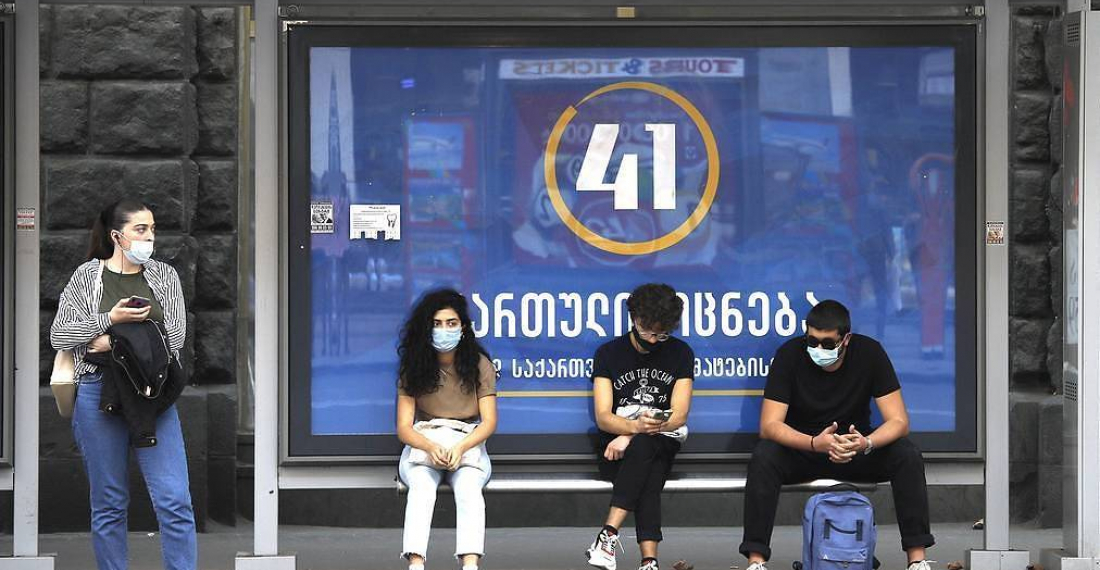Georgia faces an increasingly difficult situation around the coronavirus pandemic. Whilst Georgia successfully saw off the first wave of the pandemic in the Spring, the relaxation of the lockdown due mainly to economic considerations meant that the second wave is now hitting the country with a vengeance.
A new set of measures announced today sees shops, restaurants, fitness centers and swimming pools, closed and public and intercity transport restricted as from Saturday, November 28. The restrictions will last for 2 months till 31 January.
The movement of persons from 21:00 to 05:00 both on foot and by transport, as well as presence in public spaces will be restricted; the only exceptions will be the New Year night - December 31 and Orthodox Christmas night - January 6.
The restriction does not apply to cars, including taxis.
Shopping facilities (except for food, animal food, pharmacies, veterinary pharmacies, household chemicals and hygiene shops and press booths) will operate only remotely.
Georgia saw 3801 newly confirmed cases in the past 24 hours and the total number of cases reached 118 690. The virus has killed 39 people in the last 24 hours, bringing the total death toll to 1124.
The measures were announced as a political stand-off between government and opposition continues following recent parliamentary elections.
Georgia remains in political impasse after the second round of parliamentary elections which were boycotted by the opposition. The ruling Georgian Dream (GD) party won all seventeen seats being contested in the second round. The GD now has 91 seats in the 150 seat parliament. It won all thirty seats under the majoritarian system and 61 out of 120 seats in the proportional list system. But opposition leaders remain adamant that the elections were fraudulent, and are demanding new elections. They have decided therefore not to enter parliament. This decision has been criticised by a number of international interlocutors of Georgia, including in the EU, US and the Council of Europe. Western diplomats in Tbilisi, particularly the US and EU Ambassadors, are currently engaged in trying to mediate talks between the government and the opposition to find a solution. The situation is complicated by the fact that, apart from GD, eight political parties won seats in the new parliament making the negotiations very cumbersome. However, to the surprise of some, the opposition has so far kept a united front.
source: commonspace.eu with agencies
photo: People in face masks at a Tbilisi bus stop behind a poster for the ruling Georgian Dream party (picture courtesy of TASS news agency, Moscow)







